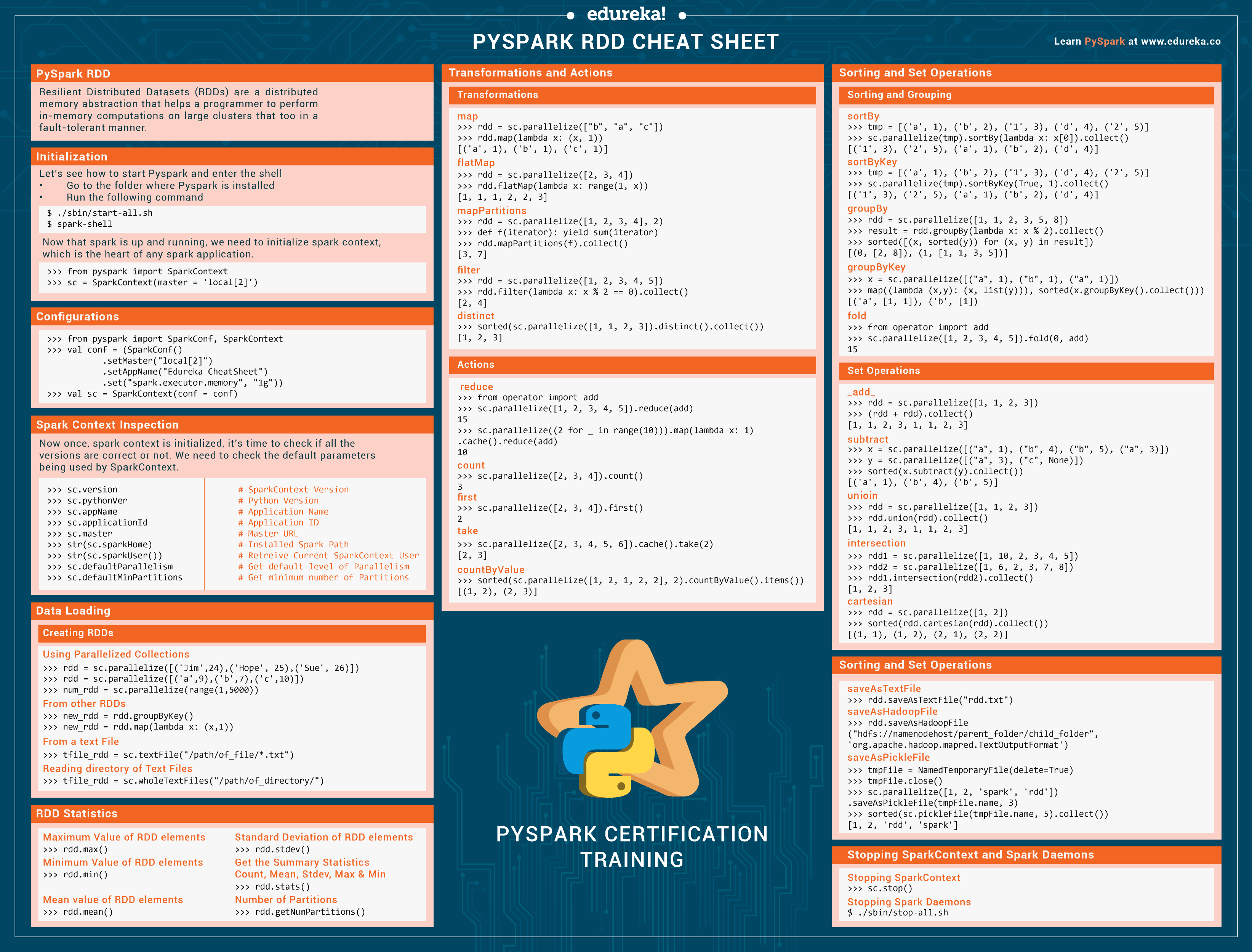Solidity Cheat Sheet
Order of Precedence of Operators¶
The following is the order of precedence for operators, listed in order of evaluation.
| Precedence | Description | Operator |
|---|---|---|
| 1 | Postfix increment and decrement | ++, -- |
| New expression | new<typename> | |
| Array subscripting | <array>[<index>] | |
| Member access | <object>.<member> | |
| Function-like call | <func>(<args...>) | |
| Parentheses | (<statement>) | |
| 2 | Prefix increment and decrement | ++, -- |
| Unary minus | - | |
| Unary operations | delete | |
| Logical NOT | ! | |
| Bitwise NOT | ~ | |
| 3 | Exponentiation | ** |
| 4 | Multiplication, division and modulo | *, /, % |
| 5 | Addition and subtraction | +, - |
| 6 | Bitwise shift operators | <<, >> |
| 7 | Bitwise AND | & |
| 8 | Bitwise XOR | ^ |
| 9 | Bitwise OR | | |
| 10 | Inequality operators | <, >, <=, >= |
| 11 | Equality operators | , != |
| 12 | Logical AND | && |
| 13 | Logical OR | || |
| 14 | Ternary operator | <conditional>?<if-true>:<if-false> |
| Assignment operators | =, |=, ^=, &=, <<=,>>=, +=, -=, *=, /=,%= | |
| 15 | Comma operator | , |
Solidity; smalltalk-cheat-sheet; swift cheatsheet. Playgrounds; swift design patterns; tcl-cheat-sheet; typescript-cheat-sheet; Software Testing. Software testing. The ultimate AIC cheat sheet is here. This cheat sheet includes An Inspector Calls structure, form, authorial intention, context and all the quotes you need. And it covers each character one at a time. Solidity and purposefulness.” “He is a man in his fifties, dressed in a plain darkish suit of the period. He speaks carefully, weightily. Syntax cheat sheet - Quick syntax overview. Solidity and Vyper cheat sheet - Review syntax of both languages side-by-side. Solidity Developer Blog - Concepts, guides, design patterns and more. Upgradable Contracts - Medium article on writing upgradable contracts. Do not rely on block.timestamp, now and blockhash as a source of randomness, unless you know what you are doing. Both the timestamp and the block hash can be influenced by miners to some degree.
Global Variables¶

abi.decode(bytesmemoryencodedData,(...))returns(...): ABI-decodesthe provided data. The types are given in parentheses as second argument.Example:(uinta,uint[2]memoryb,bytesmemoryc)=abi.decode(data,(uint,uint[2],bytes))abi.encode(...)returns(bytesmemory): ABI-encodes the given argumentsabi.encodePacked(...)returns(bytesmemory): Performs packed encoding ofthe given arguments. Note that this encoding can be ambiguous!abi.encodeWithSelector(bytes4selector,...)returns(bytesmemory): ABI-encodesthe given arguments starting from the second and prepends the given four-byte selectorabi.encodeWithSignature(stringmemorysignature,...)returns(bytesmemory): Equivalenttoabi.encodeWithSelector(bytes4(keccak256(bytes(signature)),...)`block.chainid(uint): current chain idblock.coinbase(addresspayable): current block miner’s addressblock.difficulty(uint): current block difficultyblock.gaslimit(uint): current block gaslimitblock.number(uint): current block numberblock.timestamp(uint): current block timestampgasleft()returns(uint256): remaining gasmsg.data(bytes): complete calldatamsg.sender(address): sender of the message (current call)msg.value(uint): number of wei sent with the messagetx.gasprice(uint): gas price of the transactiontx.origin(address): sender of the transaction (full call chain)assert(boolcondition): abort execution and revert state changes if condition isfalse(use for internal error)require(boolcondition): abort execution and revert state changes if condition isfalse(usefor malformed input or error in external component)require(boolcondition,stringmemorymessage): abort execution and revert state changes ifcondition isfalse(use for malformed input or error in external component). Also provide error message.revert(): abort execution and revert state changesrevert(stringmemorymessage): abort execution and revert state changes providing an explanatory stringblockhash(uintblockNumber)returns(bytes32): hash of the given block - only works for 256 most recent blockskeccak256(bytesmemory)returns(bytes32): compute the Keccak-256 hash of the inputsha256(bytesmemory)returns(bytes32): compute the SHA-256 hash of the inputripemd160(bytesmemory)returns(bytes20): compute the RIPEMD-160 hash of the inputecrecover(bytes32hash,uint8v,bytes32r,bytes32s)returns(address): recover address associated withthe public key from elliptic curve signature, return zero on erroraddmod(uintx,uinty,uintk)returns(uint): compute(x+y)%kwhere the addition is performed witharbitrary precision and does not wrap around at2**256. Assert thatk!=0starting from version 0.5.0.mulmod(uintx,uinty,uintk)returns(uint): compute(x*y)%kwhere the multiplication is performedwith arbitrary precision and does not wrap around at2**256. Assert thatk!=0starting from version 0.5.0.this(current contract’s type): the current contract, explicitly convertible toaddressoraddresspayablesuper: the contract one level higher in the inheritance hierarchyselfdestruct(addresspayablerecipient): destroy the current contract, sending its funds to the given address<address>.balance(uint256): balance of the Address in Wei<address>.code(bytesmemory): code at the Address (can be empty)<address>.codehash(bytes32): the codehash of the Address<addresspayable>.send(uint256amount)returns(bool): send given amount of Wei to Address,returnsfalseon failure<addresspayable>.transfer(uint256amount): send given amount of Wei to Address, throws on failuretype(C).name(string): the name of the contracttype(C).creationCode(bytesmemory): creation bytecode of the given contract, see Type Information.type(C).runtimeCode(bytesmemory): runtime bytecode of the given contract, see Type Information.type(I).interfaceId(bytes4): value containing the EIP-165 interface identifier of the given interface, see Type Information.type(T).min(T): the minimum value representable by the integer typeT, see Type Information.type(T).max(T): the maximum value representable by the integer typeT, see Type Information.
Note
Do not rely on block.timestamp or blockhash as a source of randomness,unless you know what you are doing.
Both the timestamp and the block hash can be influenced by miners to some degree.Bad actors in the mining community can for example run a casino payout function on a chosen hashand just retry a different hash if they did not receive any money.

The current block timestamp must be strictly larger than the timestamp of the last block,but the only guarantee is that it will be somewhere between the timestamps of twoconsecutive blocks in the canonical chain.
Note

Solidity Cheat Sheet Download
The block hashes are not available for all blocks for scalability reasons.You can only access the hashes of the most recent 256 blocks, all othervalues will be zero.
Solidity Cheat Sheet Pdf
Note
In version 0.5.0, the following aliases were removed: suicide as alias for selfdestruct,msg.gas as alias for gasleft, block.blockhash as alias for blockhash andsha3 as alias for keccak256.
Note
In version 0.7.0, the alias now (for block.timestamp) was removed.
Function Visibility Specifiers¶
public: visible externally and internally (creates a getter function for storage/state variables)private: only visible in the current contractexternal: only visible externally (only for functions) - i.e. can only be message-called (viathis.func)internal: only visible internally
Modifiers¶
purefor functions: Disallows modification or access of state.viewfor functions: Disallows modification of state.payablefor functions: Allows them to receive Ether together with a call.constantfor state variables: Disallows assignment (except initialisation), does not occupy storage slot.immutablefor state variables: Allows exactly one assignment at construction time and is constant afterwards. Is stored in code.anonymousfor events: Does not store event signature as topic.indexedfor event parameters: Stores the parameter as topic.virtualfor functions and modifiers: Allows the function’s or modifier’sbehaviour to be changed in derived contracts.override: States that this function, modifier or public state variable changesthe behaviour of a function or modifier in a base contract.
Solidity Cheat Sheet
Reserved Keywords¶
These keywords are reserved in Solidity. They might become part of the syntax in the future:
after, alias, apply, auto, case, copyof, default,define, final, immutable, implements, in, inline, let, macro, match,mutable, null, of, partial, promise, reference, relocatable,sealed, sizeof, static, supports, switch, typedef, typeof,unchecked.
